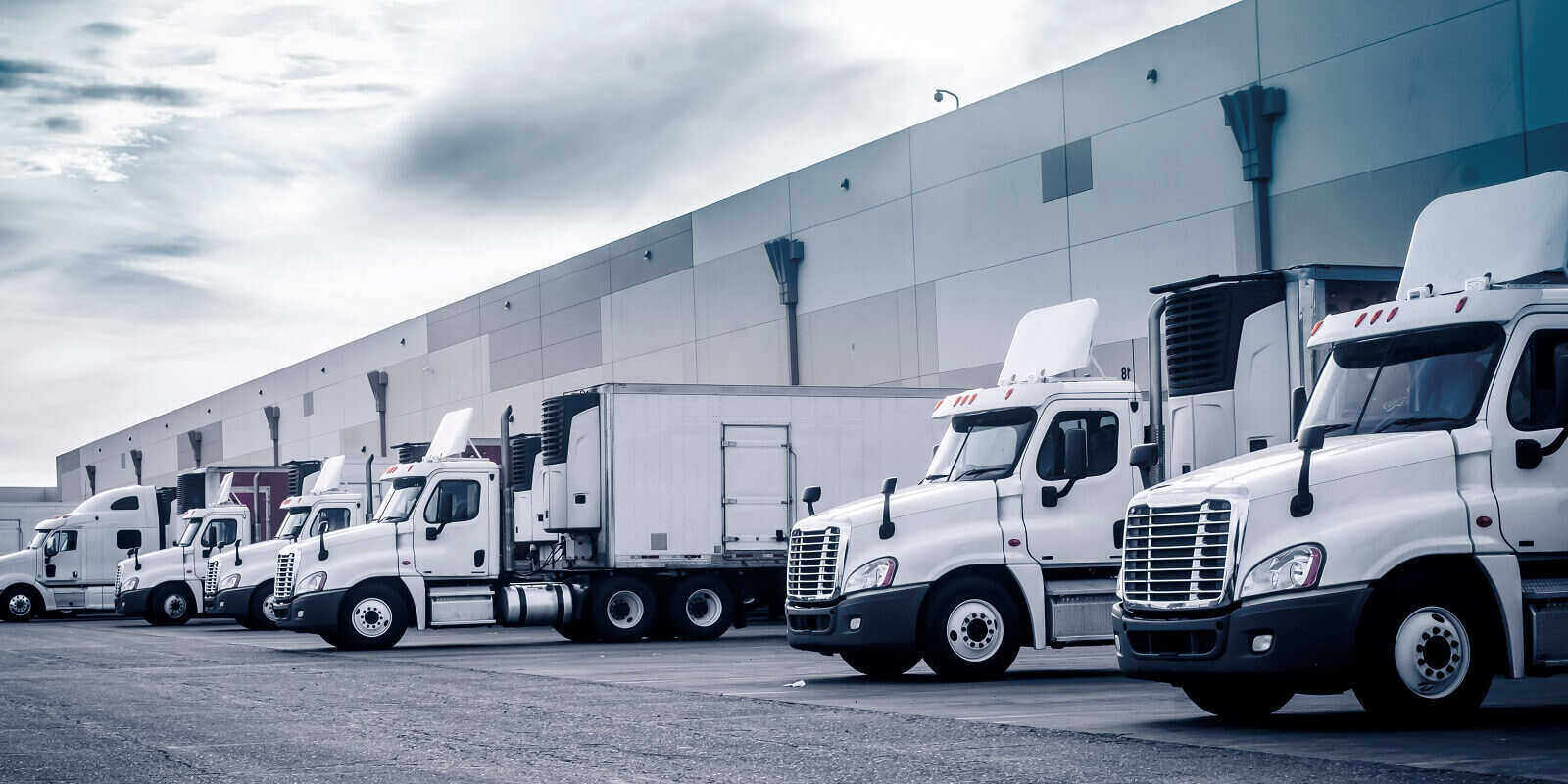Truckers play a crucial role in keeping goods moving across the country. However, the nature of their job also comes with unique risks and challenges. One of the key aspects of protecting oneself as a truck driver is having the right insurance coverage. In this guide, we will explore the essential insurance options available to truckers to ensure they are adequately protected on their journey.
Types of Truckers' Insurance
1. Primary Liability Insurance
- Provides coverage for injuries or damage to other people or property in the event of an accident where the truck driver is at fault.
- Most states require truckers to carry a minimum amount of primary liability insurance.
2. Physical Damage Insurance
- Covers damages to the truck itself in the event of a collision, theft, or vandalism.
- Includes comprehensive and collision coverage options.
3. Cargo Insurance
- Protects the goods being transported in case of damage or theft while in transit.
- Can be crucial for truckers who haul valuable or fragile cargo.
Additional Coverage Options
1. Bobtail Insurance
- Provides coverage for the truck while it is not attached to a trailer, such as when it is being driven for personal use.
- May be required by trucking companies or owner-operators.
2. Non-Trucking Liability Insurance
- Covers the truck driver when they are not on the job, such as when driving the truck for personal use or under dispatch by the trucking company.
- Offers protection in situations where primary liability insurance may not apply.
3. Occupational Accident Insurance
- Provides coverage for medical expenses, disability benefits, and accidental death benefits for truck drivers who are injured on the job.
- Can help fill gaps in workers' compensation coverage for owner-operators.
Factors to Consider When Choosing Insurance
1. Coverage Limits
- Make sure you have adequate coverage limits to protect yourself financially in case of a major accident or loss.
2. Deductibles
- Consider how much you can afford to pay out of pocket in the event of a claim and choose a deductible that fits your budget.
3. Cost
- Compare quotes from multiple insurance providers to find the best coverage at a price that works for you.
- Be wary of low-cost options that may not provide sufficient coverage when you need it most.
Benefits of Comprehensive Coverage
While it may be tempting to opt for the minimum insurance required by law to save money, investing in comprehensive coverage can provide peace of mind and protection in various scenarios. Some benefits of comprehensive coverage include:
- Protection against a wide range of risks and potential losses.
- Coverage for damage to your truck and cargo in various situations.
- Peace of mind knowing you are adequately protected on the road.
Conclusion
As a truck driver, having the right insurance coverage is essential to protect yourself, your truck, and your cargo while on the road. By understanding the different insurance options available and considering factors such as coverage limits, deductibles, and cost, you can make an informed decision to ensure you are adequately covered in case of an accident or loss. Investing in comprehensive coverage can provide peace of mind and protection in a variety of scenarios. Remember, safety on the road starts with being properly insured.

